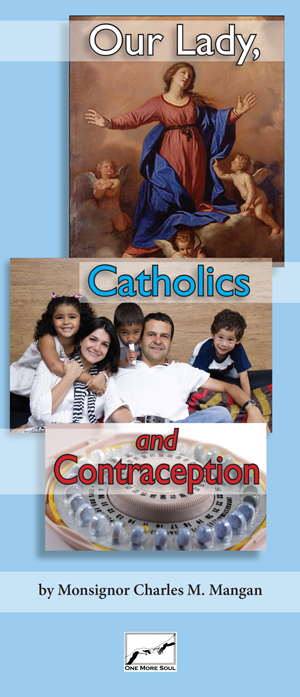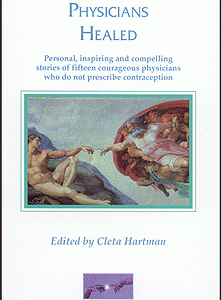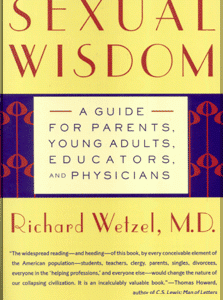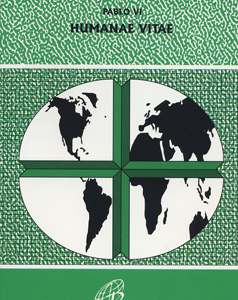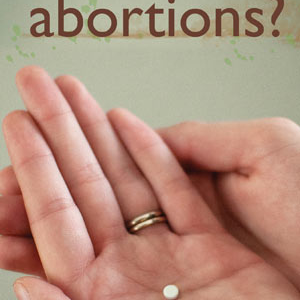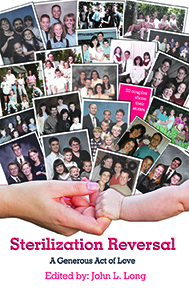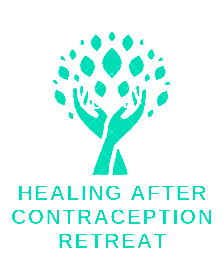by Monsignor Charles M. Mangan
Today, it has often been said that most Catholics have already made up their minds about contraception. Either one believes, as the Catholic Church does, that contraception is intrinsically evil and, therefore, must not be practiced or one believes that contraception is permissible, given, among other reasons, the diverse economic, political and societal pressures that currently exist.
To be clear, contraception is a refusal to be open to life by means of pills, devices or other willful acts that seek to prevent the egg and the sperm from uniting. (Certain pills, injections and devices even work after conception by trying to stop the implantation of the newly-conceived human person. In these cases, we speak not about contraceptives but instead abortifacient [“abortion-inducing”] agents.)
Some hold that it is best to leave the decision to use contraception to Catholics themselves rather than to appeal to the Church’s long-standing opposition to contraception. (In her nearly 2,000 years history, the Catholic Church has never voiced any support for contraception.)
Various voices have stated that the Catholic Church has lost the battle in persuading Catholics not to contracept. Others maintain that the vast majority of Catholics who use contraception are not aware of its sinfulness and, hence, cannot be considered to be guilty of sin. Subsequently, these men and women should be “left alone.” Still others recommend that the mere subject of contraception not even be addressed so as not to embarrass anyone.
As a priest, I am conscious of my sacred responsibility to adhere to Catholic teaching, to proclaim it fully and to bring understanding to those who do not presently have it.
Explaining the Church’s Teaching
For decades, the Church’s Magisterium (the “Teaching Authority” of the Pope and the Bishops in union with him) as well as incredibly brilliant philosophers, theologians and spiritual authors have convincingly made the case that the very nature of the marital act demands openness to the possible transmission of human life. If that openness is knowingly and willingly rejected, then mortal sin results, and one forfeits the privilege of receiving Holy Communion. Thus, God is deeply offended, and the soul of the individual is greatly harmed. One has placed himself in the perilous position of not being able to enter Heaven unless he repents.
What more can we do to encourage our Catholic brothers and sisters to look again at the matter of contraception?
The mystery of the Assumption of the Blessed Virgin Mary body and soul into Heaven illumines the discussion about contraception in at least two ways: 1. it presents how our Creator considers the beauty of the human body that He Himself created; 2. it provides an incentive to live virtuous lives here on earth, regardless of temptation, that will be transformed into the life of glory in Paradise.
Our Lady’s Assumption and the Beauty of Our Bodies
When we begin to reflect on the dogma of the Assumption, we justly fixate on its first and most basic meaning, that the Ever-Virgin Mary, upon the end of her life here on earth, was assumed body and soul by God into Heaven.
One conclusion we draw from the Assumption is that the human body is filled with splendor and dignity because it was fashioned by God, Who created it not to be abused or for selfishness, but for the glory of Everlasting Life. Our bodies are not mere shells that “house” our souls for ten or twenty or forty or eighty years. Instead, our bodies are beautiful and have as their purpose to praise God in their movements and deeds on earth and one day to be with Him in Heaven. Imagine this: the Son of God, Who is the Second Person of the Most Blessed Trinity, took the same flesh that you and I have. And Our Lady’s virginal body is the same as our bodies, too.
If our Creator welcomed Mary’s pure body into Paradise, then we rightly infer that her human body and, by extension, our bodies are important to Him.
We often think of our souls as being destined for Heaven. We perform multiple charitable acts in the Holy Name of Jesus, knowing that the good we do on earth increasingly transforms our souls into the image of Christ. Then, one day our souls will be rewarded in Heaven.
But we seem to forget that Heaven is also the everlasting home for our bodies, which, like our souls, also must respond to God’s invitation to Everlasting Life. Thanks to the resurrection of the body on the last day, which we refer to when we sing or chant the Apostles’ Creed during the recitation of the Most Holy Rosary or the Nicene Creed during the Holy Mass, our bodies will rejoin our souls, this time for all eternity near the throne of the Living God.
What we do with our bodies now, whether good or bad, has future implications for us. Do our bodies glorify their Creator? Or are they caught up in a sorry web of self-gratification and egoism?
Human bodies that have been involved in unrepentant sensuality and in rebuking God’s call to procreate as the Lord intended are hardly fit for the same reward that Our Lady now enjoys.
Our Lady’s Assumption and Our Lives of Virtue
The goal of our earthly existence is Heaven. We humbly recognize that it is not always easy to do the right thing—and that we have not always done the right thing. We are convinced of our sinfulness. But more than that, we are convinced of God’s kindness. As Saint John wrote in his First Letter (4:16), “God is love.” Our Lord created us for Heaven, which is our only true and abiding home.
We will do what is necessary to enter Paradise. In doing so, we may be judged as “odd” or “fanatics.” But who cares? We want what Our Lady possesses: complete and lasting happiness with the Most Blessed Trinity.
Mary’s Assumption is proof positive that a fully human person can be admitted to the Father’s Kingdom. She is there because of her love and dedication in fulfilling God’s Will.
Yes, we have many hard choices before us. And we may be tempted to think that God has abandoned us…He has forsaken us…He has not granted to us the strength to persevere. Perhaps we may even believe that it is impossible to do the moral thing.
Pope Francis has shared with us his tender devotion to Mary under the title, “Undoer of Knots.” Just when we think that all is lost, the Mother of God steps in to resolve a most complex problem.
What if Catholics who use contraception would invoke Our Lady for a “way out?” Now assumed into Heaven, she would craft some solution that is currently unforeseen.
Our Lady is so good. She is Our Blessed Mother. She desires our company in Paradise. Let us fly to her for help.
Holy Mary, Undoer of Knots and assumed into Heaven, we pray for all Catholics who have used contraception, are using it or are tempted to use it. Please immediately resolve this difficulty for them. We have confidence in You, O Mary!
To order copies of this pamphlet, click on the picture below.

Nihil Obstat: Christopher T. Burgwald, S.T.D.
Imprimatur: + Paul J. Swain, D.D. Bishop of Sioux Falls
The Feast of the Nativity of the Blessed Virgin Mary
September 8, 2014
